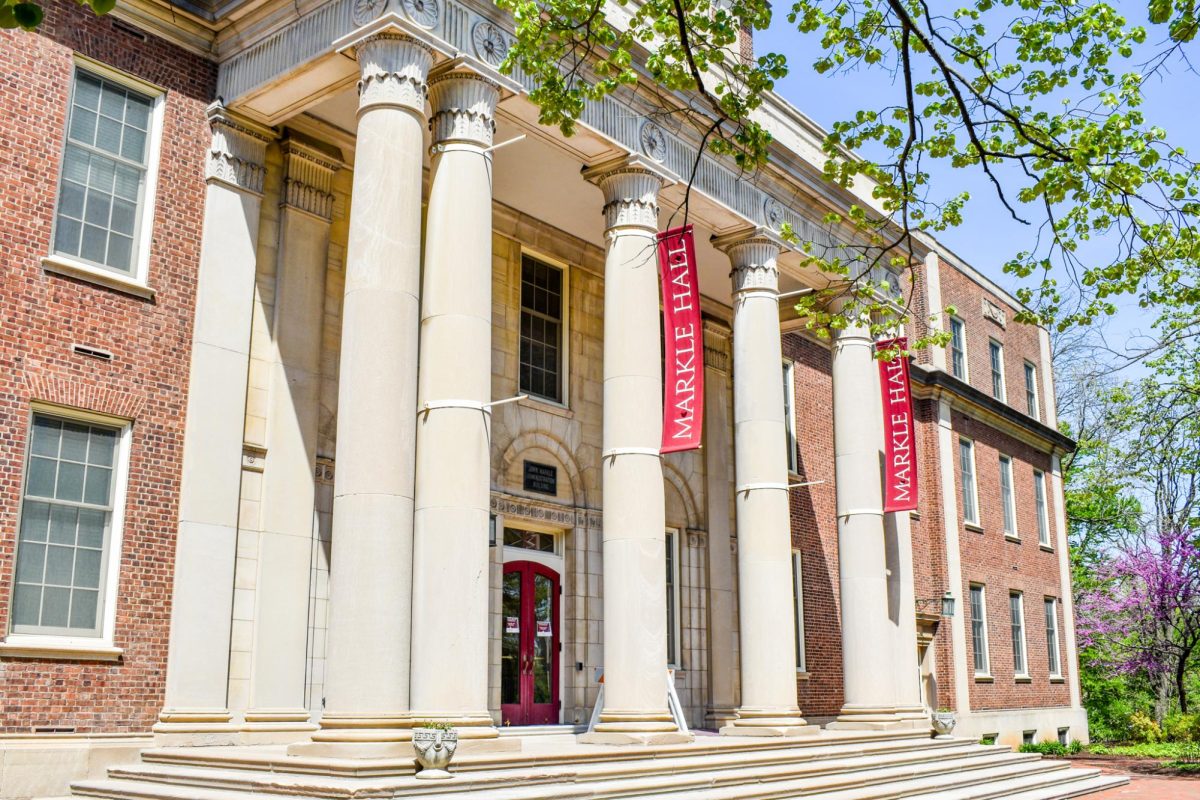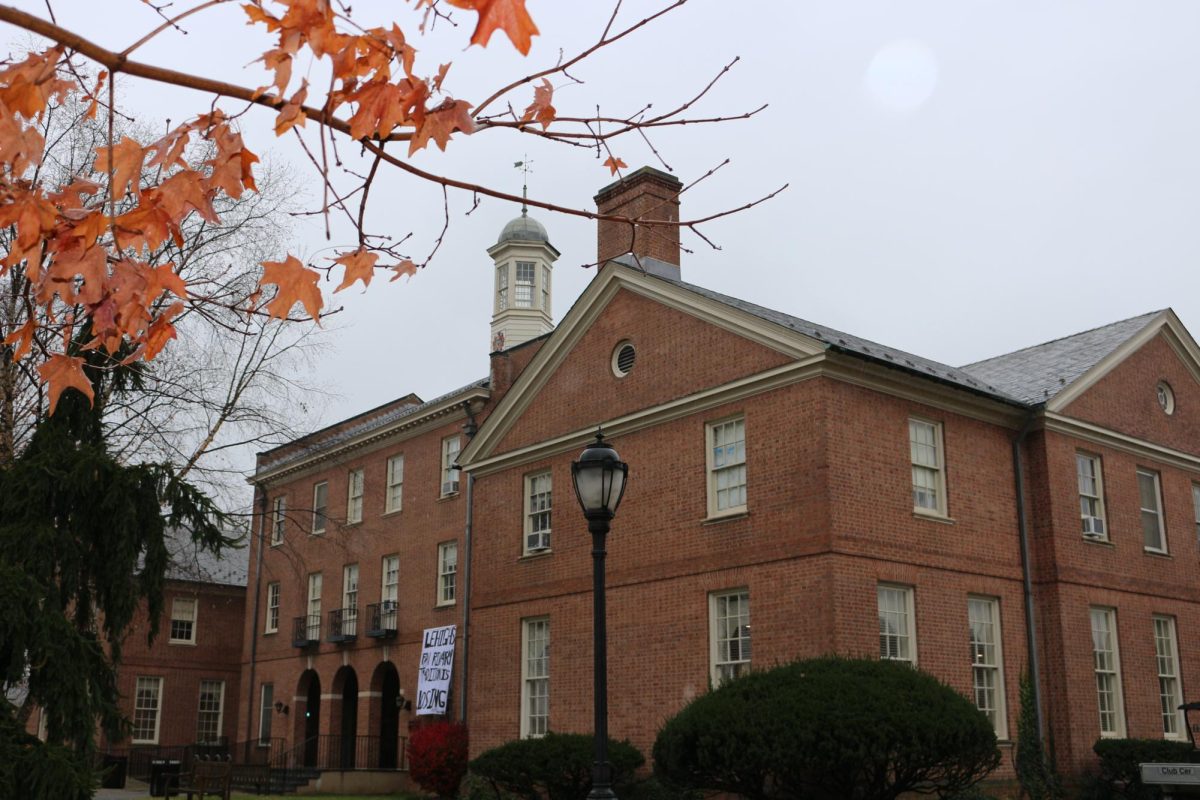Today marks the end of the 2015 United Nations Climate Change conference, or COP21 for short. One hundred ninetynations came together in Paris over the past two weeks with the aims of finally achieving a legally binding agreement to globally reduce CO2 emissions. At the time of publication, it will have become apparent as to whether a deal has been reached. The stakes couldn’t be higher. After decades of inaction on climate change, we’re running out of time.
One needs only to scan the headlines to catch a glimpse of the apocalyptic possibilities of unmitigated climate change. A study published in October, authored by Jeremy S. Pal of Loyola Marymount University, and Elfatih A.B. Eltahir of MIT, demonstrated that by 2100 the Persian Gulf region could be rendered uninhabitable due to lethally hot temperatures. Seventeen percent of the landmass of Bangladesh could be underwater by 2050, according to a recent New York Times article, forcing roughly 18 million people from their homes.
The social cost of unmitigated climate change goes hand in hand with large-scale environmental destruction. The oceans are acidifying, permafrost and glaciers melting, and species dying off rapidly. Some, like Pulitzer Prizewinner Elizabeth Kolbert, who spoke at Lafayette earlier this year, are referring to our time as the sixth great extinction in Earth’s history.
This all seems overwhelming, and it is. But we’re in a position to do something about it. As students at Lafayette we can make our voices heard to influence where more than$800 million dollars of endowment funds are invested.
According to Lafayette Chief Investment Officer Joseph Bohrer, the college maintains its portfolio by farming it out to 26 external investment managers. None of these investment managers engage formally in Socially Responsible Investing (SRI). SRI adherents seek to incorporate ethical concerns into their investment making decisions, eschewing corporations with harmful impacts on the public and environment, like fossil fuel companies.
Those with decision-making power in the current administration, and on the board of trustees should act to shift our endowment away from fossil fuels and other high-emitting industries. The Vice Chair of the board, former President of Exxon Mobil Stephen Pryor,in particular bears a personal responsibility to ensure that this transition occurs, given Exxon’s role in the production of the climate crisis.
Let’s start by switching from a handful of managers that have significant portions of their portfolio invested in fossil fuel companies, andopt for ones that prioritize ecological and social responsibility instead. If we are to live up to the title of“stewards of the environment” as the college website asserts we do, than we must move quickly to reduce Lafayette’s contribution to climate catastrophe.





















































































































